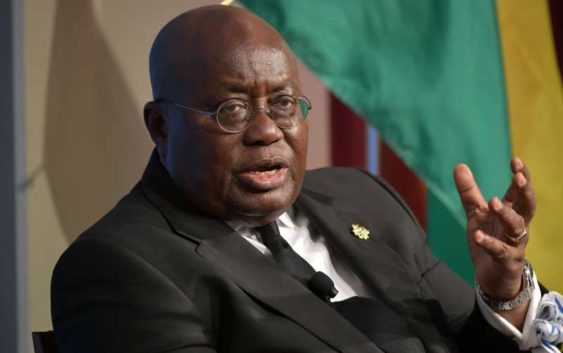- Governor Sanwo-Olu flags off Ojota-Opebi Link Bridge, to be completed in 20 months
- Allow Nigeria go to 2022 World Cup, don’t play qualifiers – Ghana Parliament member tells Black Stars
- There was no second sex tape, Kim Kardashian refutes Kanye West’s claims
- Jaruma Remanded In Prison Over Post On Regina Daniels And Ned Nwoko
- Lanre Gentry confirms paternity of last son with Mercy Aigbe, says ‘He’s my son’ (Photo)
Ghana loses $18.9M as economic costs of violence against women

A study conducted by the Institute of Statistical, Social and Economic Research (ISSER) of the University of Ghana, has revealed that in 2016, Ghana lost $18.9 million (GHC73.5 million) as economic costs of violence against women and girls (VAWG).
The study revealed that women survivors who accessed services and reported, incurring expenses spent $53 annually on the average, which is the equivalent to 10 per cent of their annual per capita expenditure on non-food consumption.
Speaking at the launch of the research highlighting the high economic and social cost of VAWG in Ghana, Director of the Domestic Violence Secretariat of the Ministry of Gender, Children and Social Protection, Malonin Asibi, said VAWG had adverse effect of the victims.
“VAWG undermines the quality of life for families and the well-being of children, which has long-term consequences for our social life,” she said.
Key findings of the study showed that intimate partner violence (IPV) and violence by family members were the most common forms of violence experienced by women in Ghana.
It said four out of 10 Ghanaian women surveyed who were in current relationship experience IPV, and two women living with natal or marital families, experienced family violence (FV) in 2016.It indicated that the scale of VAWG-related loses to the economy was significant.
With regards to intergenerational impact, the report estimated that 300,000 school days were missed by children per year in Ghana due to their mothers’ experience of violence.
It said this missed schooling had long-term impacts on capacities and future earnings of the children of women who experience violence.
It said VAWG could deepen household poverty; stating that many women who experience VAWG bear increased costs due to violence, for example medical care.
With regards to work and productivity impact on women, the study said that in Ghana, economically, active IPV survivors were absent from work or less productive for 12 days within the study period.